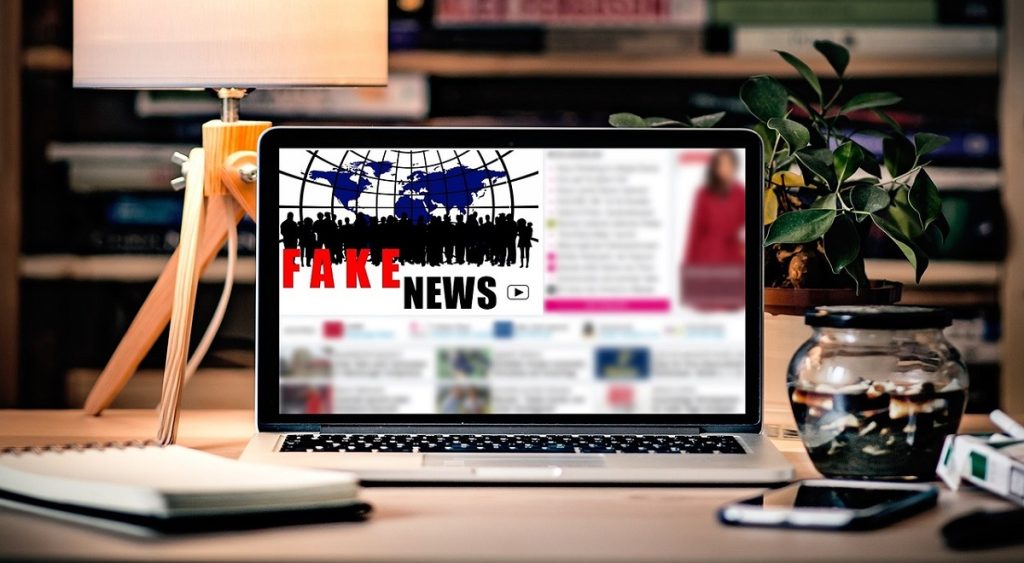Listen to the article
Russia’s Middle East Disinformation Campaign Aims to Undermine Democracy
A three-week mission across the Middle East has revealed the extensive reach of Russian disinformation in the region, according to Dr. Witold Repetowicz, an assistant professor at the War Studies University in Warsaw. His travels through Beirut, Baghdad, and Erbil have uncovered a deliberate Kremlin strategy to discredit democratic values and portray pro-democracy movements as fronts for Western imperialism.
“The Kremlin’s propaganda targets not only the war in Ukraine but also the Palestinian issue, migration, and so-called Western ‘imperialism,'” explains Repetowicz, who is working to counter these narratives in collaboration with Poland’s foreign ministry and several foundations.
Russia’s disinformation strategy in the Middle East relies heavily on exploiting historical grievances against former colonial powers such as Britain, France, and the United States. However, Moscow has introduced a new concept—the “collective West”—to broaden the blame for Western actions across all democratic nations, including those with no colonial history.
“This way, countries like Poland are suddenly portrayed as complicit in colonialism—or even the situation in Gaza—despite having nothing to do with either,” Repetowicz notes, highlighting the absurdity of these connections.
The effectiveness of these campaigns stems from Russia’s ability to present itself as an anti-imperialist force, much as the Soviet Union once did. This messaging resonates in regions with complicated relationships with Western powers, despite Russia’s own long history as a colonial empire.
Poland’s position is particularly important in this context. Having endured 123 years under foreign rule until 1918, Poland speaks from experience as a victim of imperialism, not as a perpetrator. This history gives Polish representatives unique credibility when countering Russian narratives in the region.
“The partitions of Poland were acts of colonial aggression,” Repetowicz emphasizes. “Poland therefore speaks from experience: as a victim of imperialism, not as a participant in it.”
The mission has revealed that when these historical facts are presented clearly, they resonate with local audiences. During lectures with Lebanese students, Repetowicz found genuine understanding and interest in Poland’s perspective, with attendees requesting more such presentations.
Poland’s post-World War II reconciliation with Germany serves as a powerful example of how nations can move beyond difficult histories when genuine democratic transformation occurs.
“Poland did so with Germany—but that reconciliation was possible only because Germany became a democratic state and renounced its imperial ambitions,” Repetowicz explains. “If Russia were to do the same, Poles might also be ready to put the difficult past behind them.”
Instead, Russia continues its imperial ambitions through its war against Ukraine while simultaneously accusing Poland of “Russophobia.” This projection strategy—accusing others of behaviors Russia itself exhibits—is central to its propaganda approach.
The broader implications of Russia’s disinformation efforts extend beyond regional politics. As the world’s 20th-largest economy, Poland cannot afford to ignore how it is portrayed globally. Russia’s willingness to invest resources in distorting Poland’s image in countries across the Middle East demonstrates the importance of these perceptions.
For Moscow, democracy represents an existential threat—”like a contagious disease” it fears will spread. By linking democratic values to colonialism and imperialism, Russia attempts to inoculate vulnerable populations against democratic aspirations, even as it wages what Repetowicz describes as “a brutal colonial war of its own.”
The Polish foreign ministry, along with the Info Ops Polska Foundation and the Casimir Pulaski Foundation, is actively working to counter these Russian narratives by presenting factual information about Poland’s history and contemporary position.
“We cannot allow that narrative to prevail,” concludes Repetowicz, underlining the importance of continued engagement in the information space across the Middle East and beyond.
Fact Checker
Verify the accuracy of this article using The Disinformation Commission analysis and real-time sources.




26 Comments
The cost guidance is better than expected. If they deliver, the stock could rerate.
Good point. Watching costs and grades closely.
Good point. Watching costs and grades closely.
Production mix shifting toward Disinformation might help margins if metals stay firm.
Good point. Watching costs and grades closely.
The cost guidance is better than expected. If they deliver, the stock could rerate.
The cost guidance is better than expected. If they deliver, the stock could rerate.
Good point. Watching costs and grades closely.
Good point. Watching costs and grades closely.
Interesting update on Russian Disinformation Campaigns Gaining Ground in Middle East. Curious how the grades will trend next quarter.
If AISC keeps dropping, this becomes investable for me.
Good point. Watching costs and grades closely.
The cost guidance is better than expected. If they deliver, the stock could rerate.
Good point. Watching costs and grades closely.
The cost guidance is better than expected. If they deliver, the stock could rerate.
Good point. Watching costs and grades closely.
Nice to see insider buying—usually a good signal in this space.
Interesting update on Russian Disinformation Campaigns Gaining Ground in Middle East. Curious how the grades will trend next quarter.
Good point. Watching costs and grades closely.
Nice to see insider buying—usually a good signal in this space.
Good point. Watching costs and grades closely.
Interesting update on Russian Disinformation Campaigns Gaining Ground in Middle East. Curious how the grades will trend next quarter.
Good point. Watching costs and grades closely.
Good point. Watching costs and grades closely.
Uranium names keep pushing higher—supply still tight into 2026.
Good point. Watching costs and grades closely.